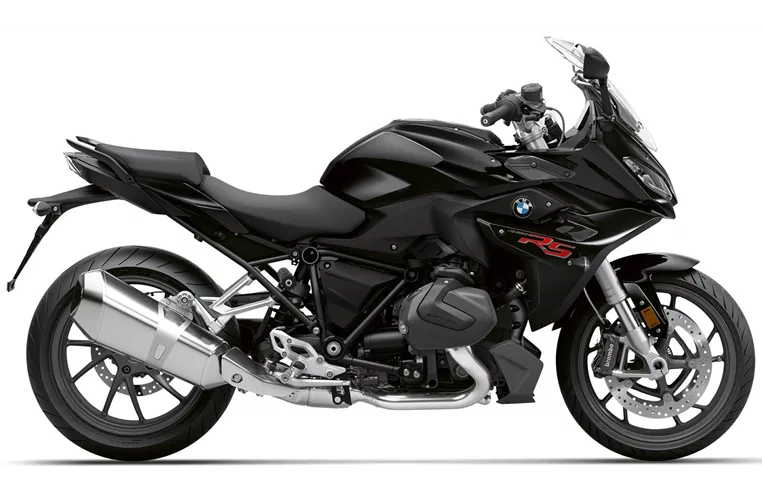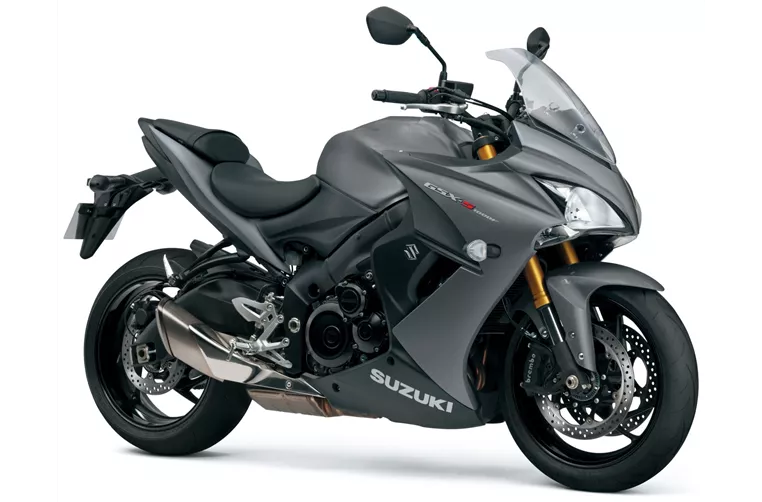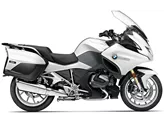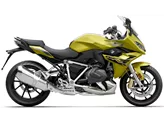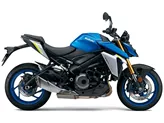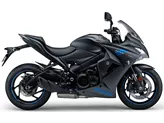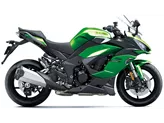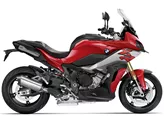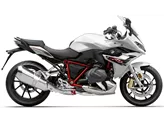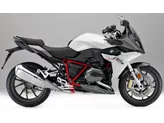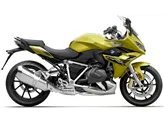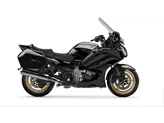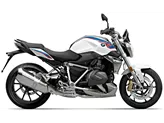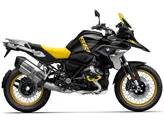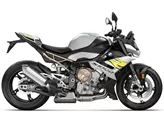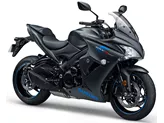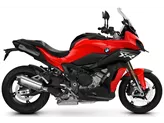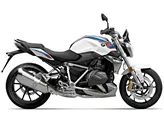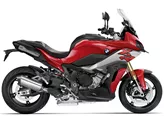BMW R 1250 RS 2021 vs. Suzuki GSX-S1000F 2016
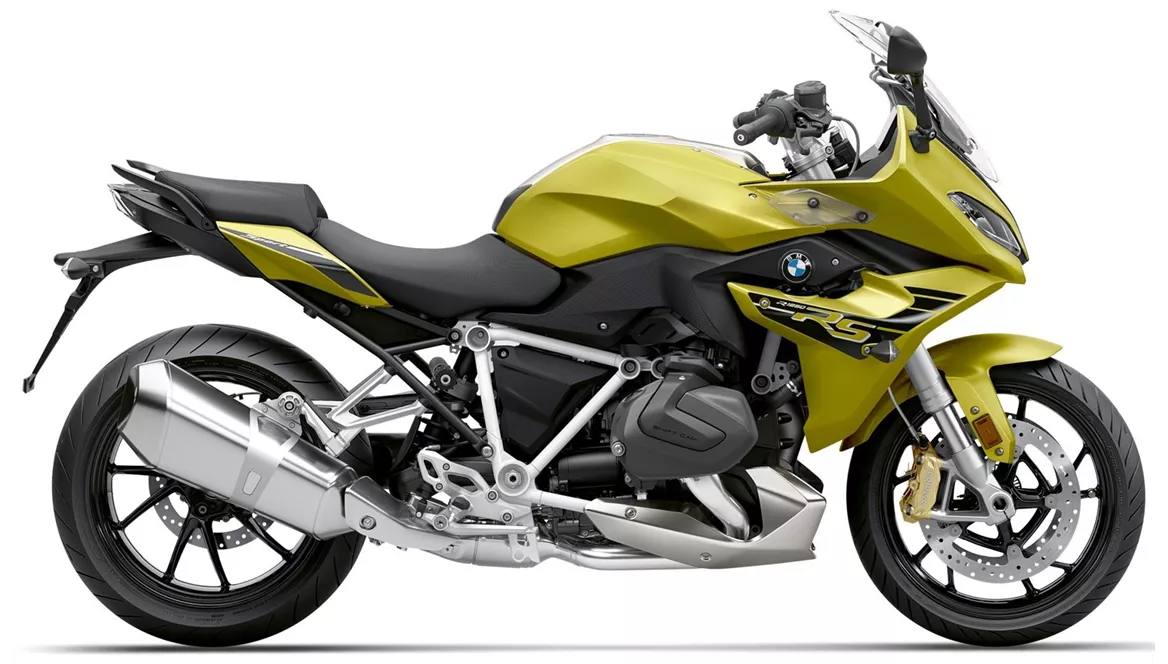
BMW R 1250 RS 2021
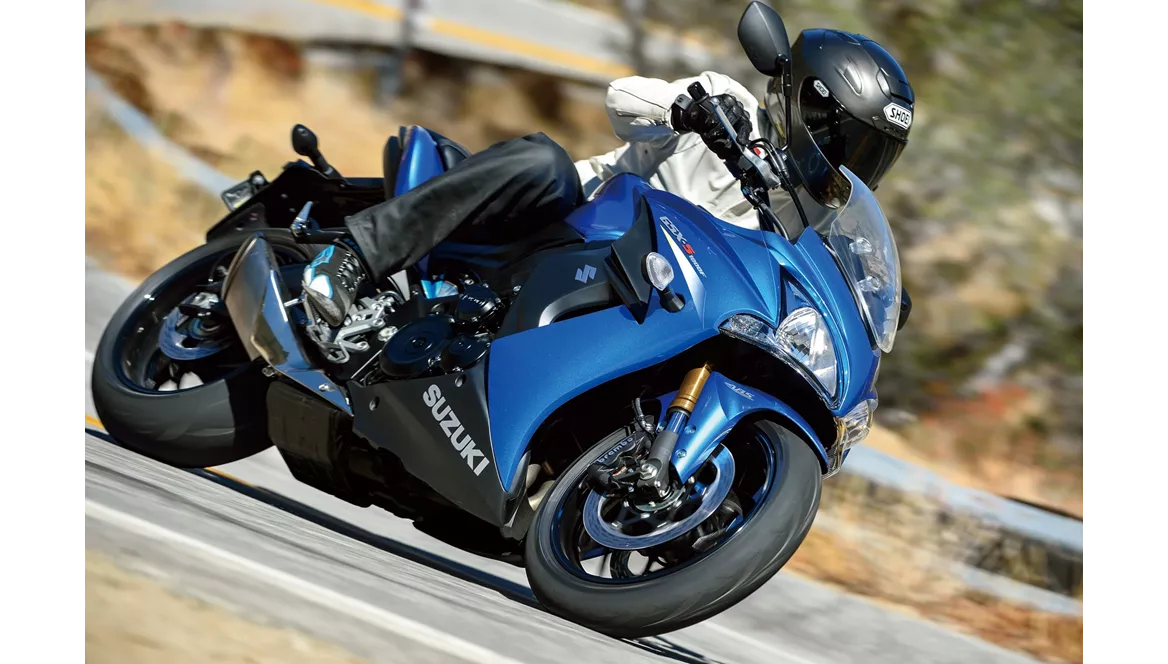
Suzuki GSX-S1000F 2016
Overview - BMW R 1250 RS 2021 vs Suzuki GSX-S1000F 2016
When comparing the BMW R 1250 RS 2021 and the Suzuki GSX-S1000F 2016, it is important to consider their technical specifications and strengths and weaknesses.
In terms of engine type, the BMW R 1250 RS 2021 features a Boxer engine, while the Suzuki GSX-S1000F 2016 has an inline engine. The BMW R 1250 RS has a slightly lower engine power of 136 HP compared to the Suzuki GSX-S1000F's 149 HP. However, the BMW R 1250 RS compensates with a higher torque of 143 Nm compared to the Suzuki's 106 Nm. The transmission differs as well, with the BMW R 1250 RS having a prop shaft and the Suzuki GSX-S1000F using a chain.
Both motorcycles have upside-down telescopic forks for the front suspension, but the BMW R 1250 RS offers a slightly higher travel distance of 140 mm compared to the Suzuki's 120 mm. For the rear suspension, the BMW R 1250 RS has a single swing arm with a monoshock, while the Suzuki GSX-S1000F has a swing arm with a monoshock. The travel distance for the rear suspension is also slightly higher for the BMW R 1250 RS at 140 mm compared to the Suzuki's 130 mm. Both motorcycles offer preload and rebound adjustment for the rear suspension.

BMW R 1250 RS 2021
In terms of chassis, the BMW R 1250 RS has a steel frame, while the Suzuki GSX-S1000F features an aluminum frame. The BMW R 1250 RS has a load-bearing engine frame type, while the Suzuki GSX-S1000F has a twin tube frame type.
Both motorcycles have double disk brakes for the front, with the BMW R 1250 RS having a larger diameter of 320 mm compared to the Suzuki's 310 mm. Both motorcycles also feature radial technology for the front brakes. In terms of rider assistance systems, the BMW R 1250 RS offers ABS, anti-slipping control, riding modes, and ride by wire, while the Suzuki GSX-S1000F only offers ABS.
In terms of dimensions and weights, the BMW R 1250 RS has a front tire width of 120 mm and a rear tire width of 180 mm, while the Suzuki GSX-S1000F has a front tire width of 120 mm and a rear tire width of 190 mm. Both motorcycles have a 17-inch front and rear tire diameter. The BMW R 1250 RS has a longer wheelbase of 1530 mm compared to the Suzuki's 1460 mm. The seat height is also slightly higher for the BMW R 1250 RS at 820 mm compared to the Suzuki's 815 mm. The BMW R 1250 RS has a higher kerb weight of 243 kg compared to the Suzuki's 214 kg. Both motorcycles have a fuel tank capacity of 17-18 liters.
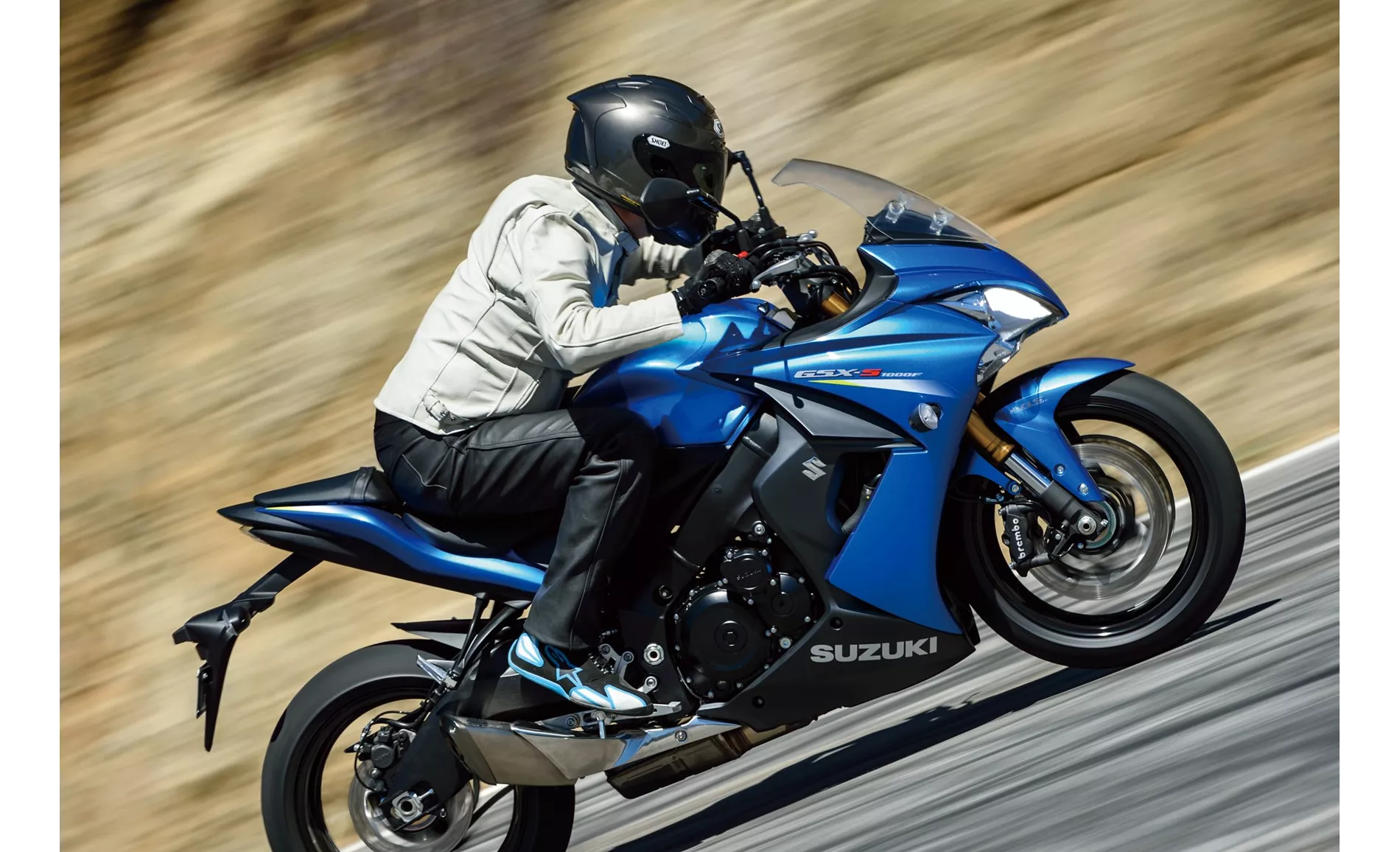
Suzuki GSX-S1000F 2016
In terms of strengths, the BMW R 1250 RS is praised for its high stability in long radii, agile and high-revving boxer engine, good looks, comfortable seating position, extensive list of accessories, and great ESA chassis. On the other hand, the Suzuki GSX-S1000F is commended for its top exciting engine, strong Brembo brakes, great accessories, and fine traction control.
However, both motorcycles have their weaknesses as well. The BMW R 1250 RS is criticized for its high weight, which is noticeable in tight bends, and its windshield could be higher. Additionally, many compulsory features come at an extra cost, and it is considered somewhat sluggish. The Suzuki GSX-S1000F's weaknesses include ABS not being sporty enough, limited wind protection, and a knee angle that is a little too acute.
In conclusion, while both the BMW R 1250 RS 2021 and the Suzuki GSX-S1000F 2016 have their strengths and weaknesses, the BMW R 1250 RS offers a more extensive list of features and a higher level of comfort, while the Suzuki GSX-S1000F excels in terms of engine power and braking performance. Ultimately, the choice between the two will depend on individual preferences and priorities.
Technical Specifications BMW R 1250 RS 2021 compared to Suzuki GSX-S1000F 2016
Pros and Cons in comparison
Pros and Cons in comparison
BMW R 1250 RS 2021
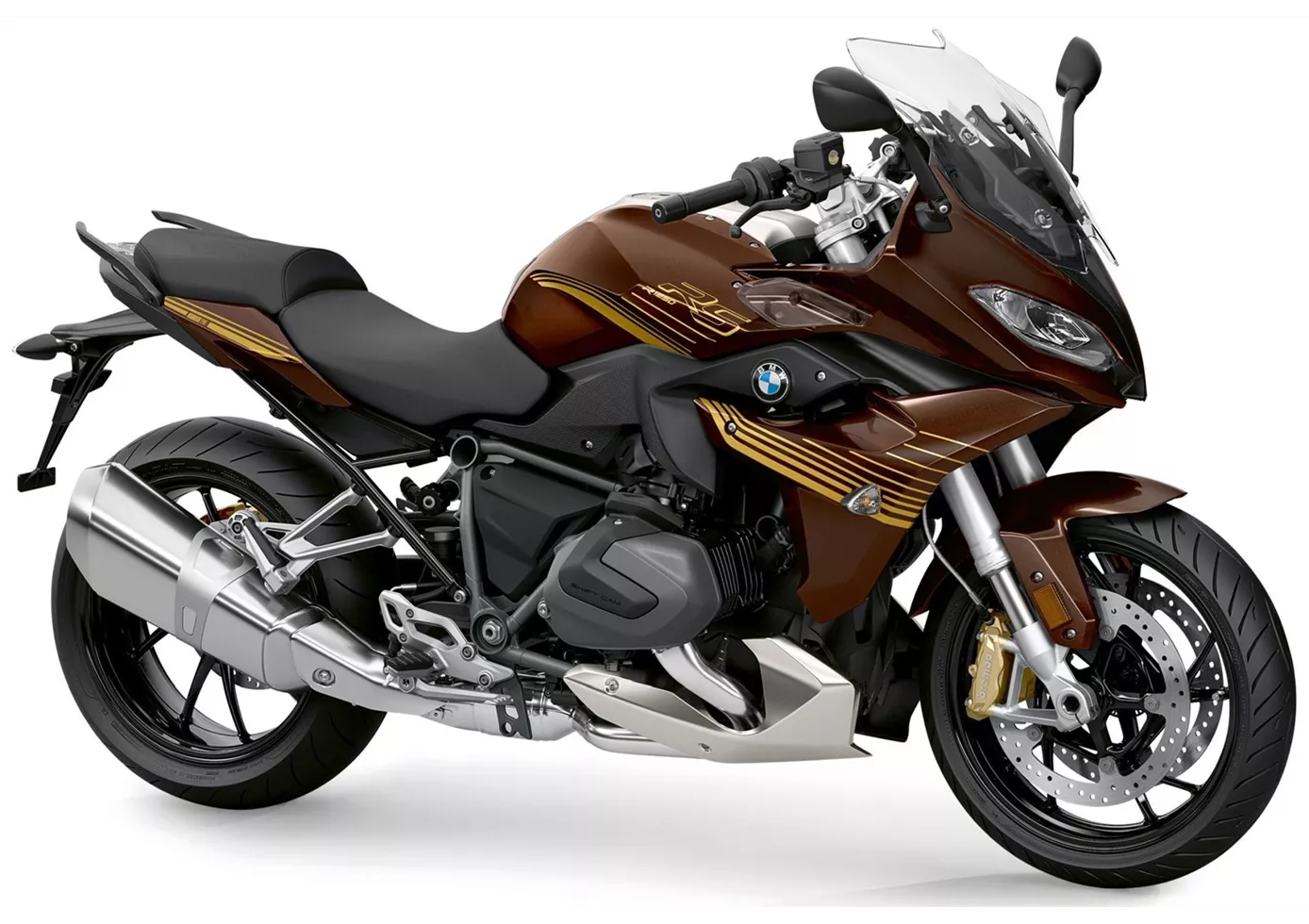
A great engine in a pretty dress is not everything. The standard equipment of the BMW R 1250 RS is disappointing; neither quickshifter nor cruise control are included, which is no longer in keeping with the times in 2021. Ergonomically, the Bavarian can be adapted to almost any rider. The ESA suspension is great and a must-have extra, especially when there are two of you. In tight bends, the RS's weight is indisputable; here it seems almost sluggish. The wider the radii, the more confident you are on the BMW. Wind and weather protection are good, although a slightly higher windshield would be desirable.
Suzuki GSX-S1000F 2016
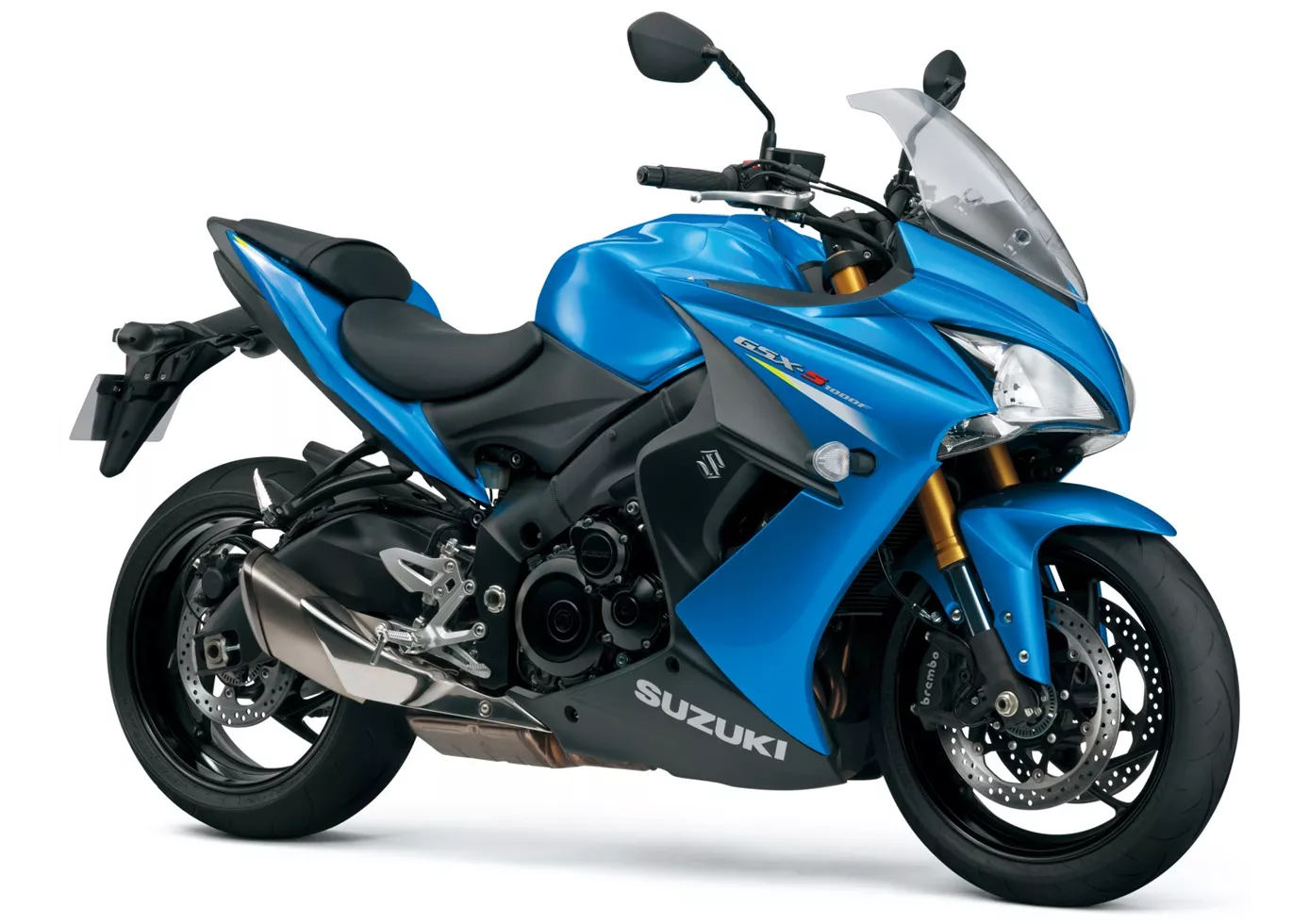
The GSX-S1000F is basically a GSX-S1000 with which it shares all the geometry, with a bit of added value that pays off quite well. More stability at higher speeds, more wind protection and overall more compatible with the engine's character. The GSX-R engine is still a force, even if it has run out of juice a bit down low. Suzuki also offers a great price/performance ratio here.
Price Comparison Avarage Market Price BMW R 1250 RS vs Suzuki GSX-S1000F
There are a few key differences between a BMW R 1250 RS 2021 and a Suzuki GSX-S1000F 2016. In terms of price, the actual average price of a BMW R 1250 RS 2021 is about 63% higher. Compared to Suzuki GSX-S1000F 2016 there are less BMW R 1250 RS 2021 bikes available on the 1000PS.de Marketplace, specifically 6 compared to 9. It takes less time to sell a BMW R 1250 RS with 57 days compared to 140 days for a Suzuki GSX-S1000F. Since model year 2019 1000PS.de editors have written 11 reviews for the BMW R 1250 RS and 10 reviews for the Suzuki GSX-S1000F since model year 2015. The first review for the BMW R 1250 RS was published on 06/11/2018 and now has more than 77,400 views. This compares to more than 13,100 views for the first review on Suzuki GSX-S1000F published on 30/09/2014.
